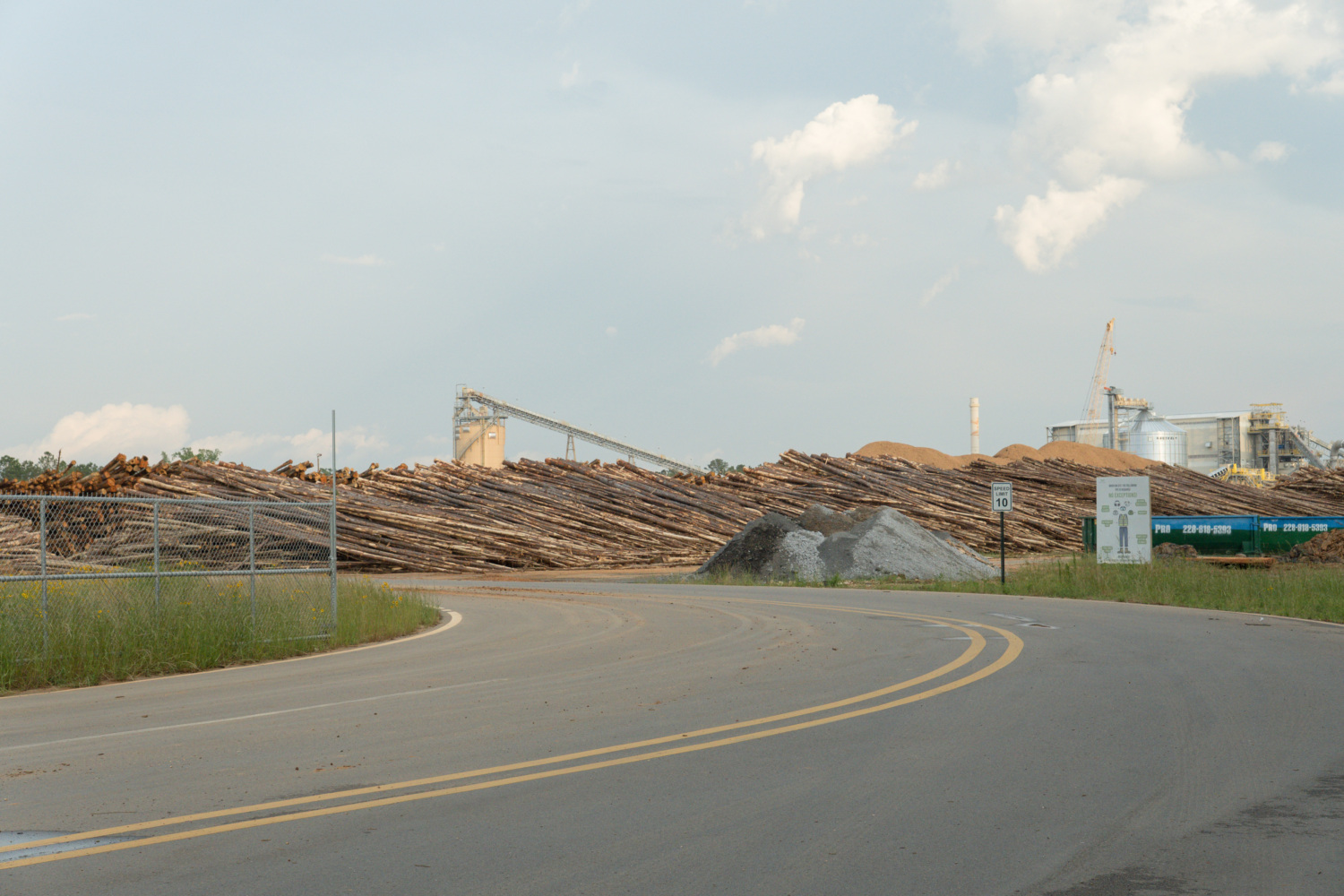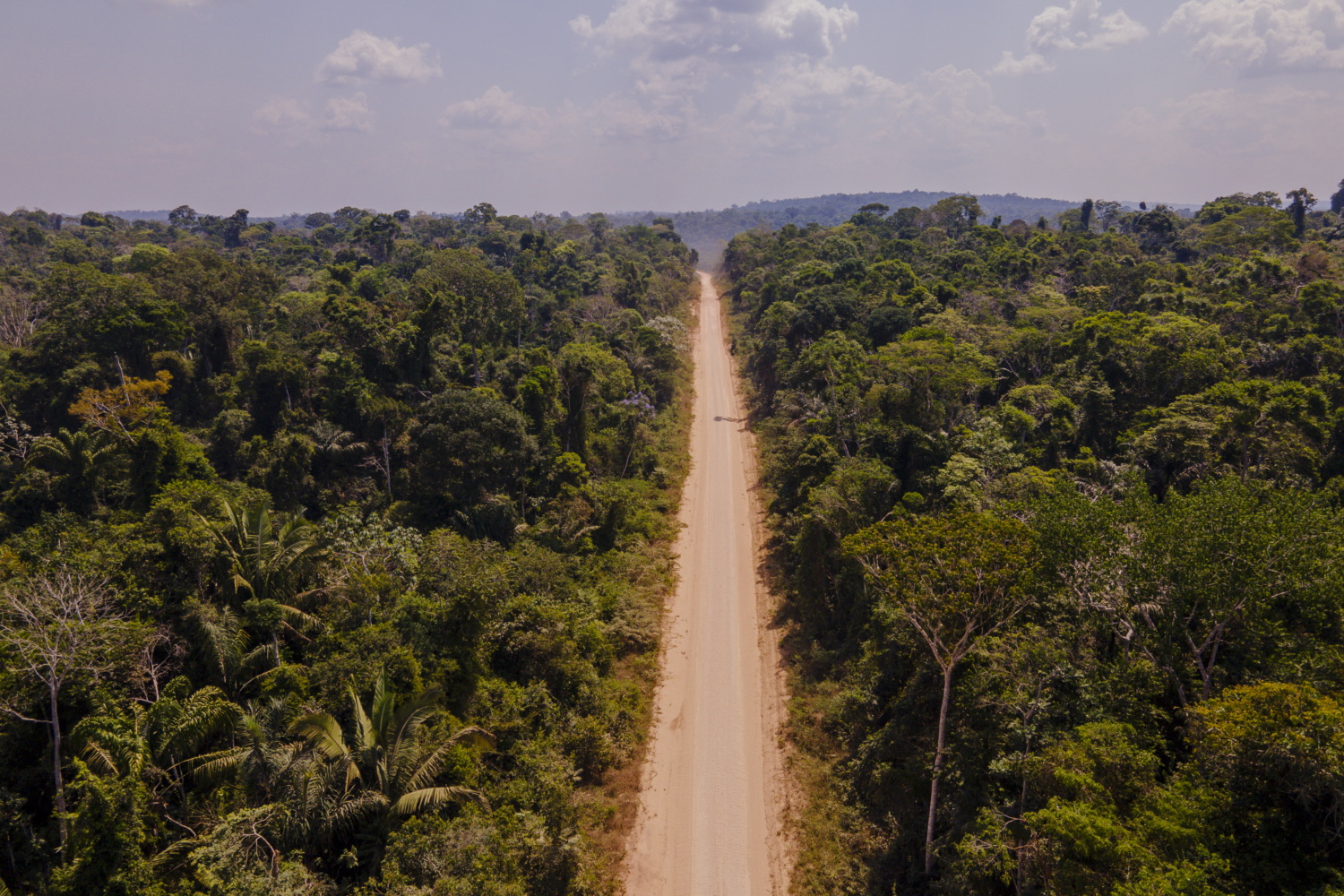
Ensuring a Green EU Recovery Plan for the Tire, Rubber, and Auto Industries
This week, Mighty Earth CEO Glenn Hurowitz sent a letter to European Commission President Ursula von der Leyen on the need to ensure environmental and human rights conditions for all EU bailouts and recovery support. The letter is reprinted below and available here.
Dear President von der Leyen,
Thank you for your environmental leadership and commitment to advancing the European Green Deal as the basis of the EU’s recovery strategy, and we applaud the proposed €40bn Just Transition Fund to assist member states to transition towards climate neutrality and a more circular economy.
Mighty Earth is a global environmental organization with a significant and growing interest in ending land-grabbing, human rights abuses, and environmental destruction linked to commodities imported into the EU. We focus heavily on areas of outsized importance to the climate that receive insufficient attention from policymakers and the private sector. We have driven adoption of zero-deforestation sourcing policies across the palm oil, cocoa and rubber industries, and helped launch a CSO-industry partnership, Responsible Steel, under which several of the world’s largest steel companies have committed to science-based targets.
In that context, I am writing to urge you to ensure all post Covid-19 EU bailout and recovery support for EU-based tire and rubber, auto, car rental, ride-share and aviation companies is aligned with the European Green Deal, supports environmental and human rights standards, and helps build a green, just and healthy economy.
The rubber industry
The tire and automotive industries are the largest market for natural rubber. Between 2003 and 2014, the rubber industry tore down 75,000 square kilometers of tropical forest, an area the size of Ireland. This deforestation was responsible for an estimated 3.75 gigatons of pollution during that time, comparable to the amount produced by Europe in a year. Land-grabbing is widespread in the sector, and we are finding companies are using the Covid-19 lockdown as a cover to seize and clear land while nobody appears to be watching. For example, in March, Vietnam-based HAGL destroyed forests on two sacred mountains earmarked for return to local Indigenous peoples in Ratanakiri in Cambodia. HAGL’s largest investor is THACO, which assembles cars in Vietnam for auto companies including Peugeot, Mazda and Kia. While low rubber prices in the last few years have reduced incentives for deforestation and land-grabbing, increased commodity prices in the absence of strong conservation policies would create new incentives for aggressive deforestation.
Planning a post-pandemic recovery to ensure a greener future
High volumes of EU and EU-backed bailout support distributed over the coming months will shape the EU tire and rubber, auto, car rental, ride-share and aviation industries for years to come. Many EU-based companies in these sectors will benefit from this support. EU airlines are seeking €33bn in emergency bailout support, while tire companies like Continental, Michelin and Pirelli are seeking state aid, bailout or recovery assistance. Insisting on green conditions is possible: Air France-KLM was required to halve emissions, cut short-haul flights, and use more sustainable aviation fuel by 2024 to qualify for bailouts from the French and Dutch governments. However, few other bailouts to the transport sector have set conditions on carbon emissions or deforestation, let alone curbing the human rights abuses so rampant in the rubber industry.
Action Points
We urge you to ensure that all EU-based companies that rely on rubber in their key products or connected to transport are aligned with the European Green Deal and legally bound by environmental and human rights conditions when accessing EU or EU-backed recovery support. In particular, we would ask you and your colleagues within the Commission to tie public EU and EU-backed recovery funds to the following conditions:
1) Environment
All companies receiving bailout funds should be committed to the European Green Deal, the Paris Agreement, and to achieving net zero carbon neutrality by 2025. They should all have measurable action plans to transition towards a net zero carbon future. Airlines should set out plans for carbon neutrality by 2025 and for rapidly shifting to sustainable aviation fuels and mitigating the full climate impacts of the industry, including rubber deforestation. Auto, car rental and ride-share companies should set a target date by which they only provide electric vehicles made from low carbon materials – including zero carbon steel – and vehicle-scrappage should be in line with circular economy principles. All tire, rubber and auto companies seeking EU or EU-backed bailouts should have clear ‘Zero Deforestation’ and ‘Fire-free’ sourcing policies for natural rubber and time-bound plans to implement and enforce them. To quality for aid, these companies should have credible plans in place to achieve transparency and traceability throughout their raw materials supply chains, which will ultimately be necessary for them to align with the EU’s deforestation action plan.
2) Human Rights
Businesses seeking EU bailout support should have robust policies and practices in place that recognize and ensure workers’ rights throughout their supply chains. This means a commitment to the ILO Core Conventions, which include human rights commitments on health and safety, freedom of association, gender equity and on forced, bonded, trafficked and child labor. All corporations should be committed to a living income and living wage. Tire and rubber corporations in particular should commit to recognize and respect the customary land tenure rights of Indigenous and local communities, as well as to ending all involvement in harassment, attacks, or killings of Indigenous peoples and local community members defending their land, forests and other natural resources.
This moment represents a significant opportunity to build a healthy, low and zero-carbon economy. I would be delighted to have an opportunity to discuss these proposals with you or your staff.
Sincerely,
Glenn Hurowitz
Chief Executive Officer, Mighty Earth


